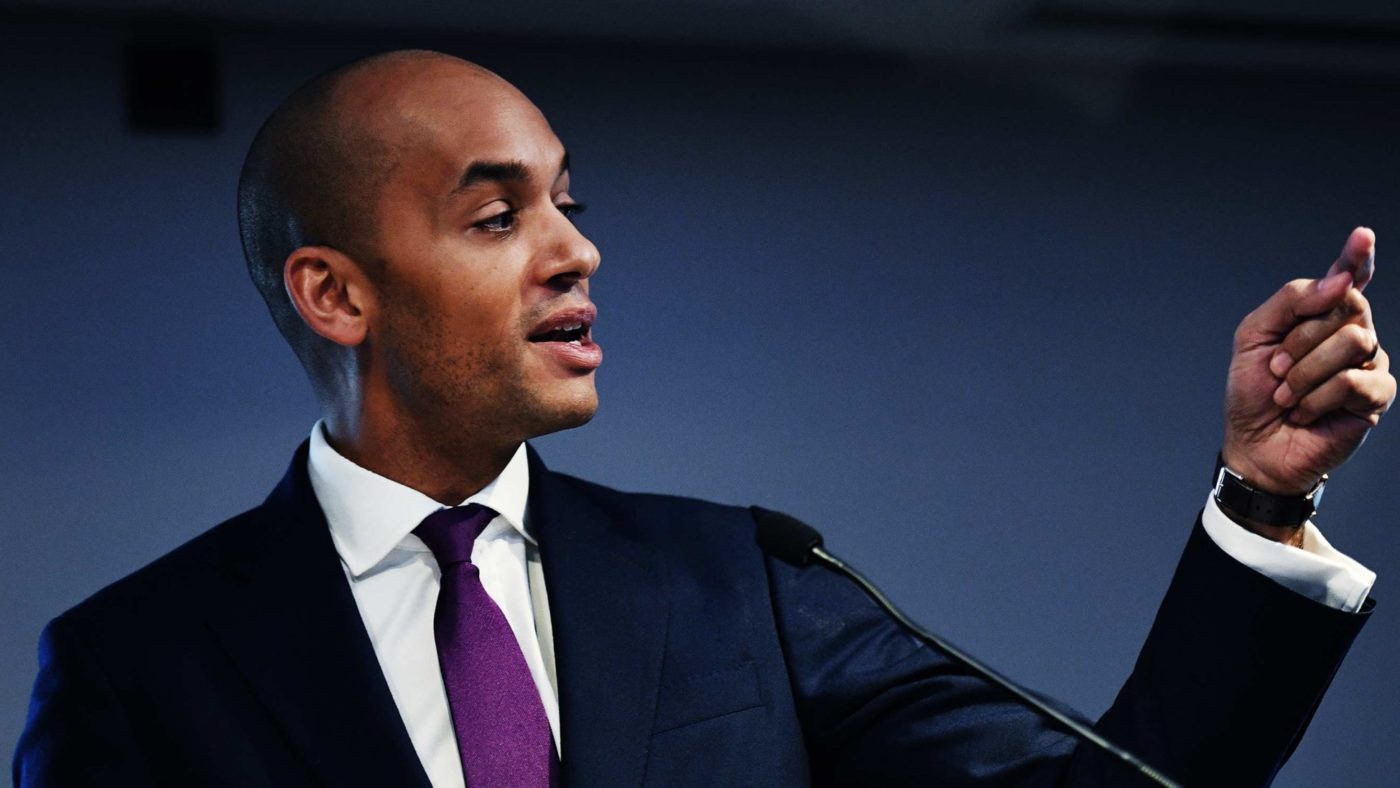It was great to see seven Labour MPs leave their party and launch a new political start up today. Politics in our country is a cartel, and it desperately needs some disrupters.
The business of elections in Britain tends to be dominated by the two established parties. Their market share is propped up by a series of noncompete arrangements put in place over the years. From the electoral system to the allocation of Short Money, things have been rigged to keep mediocre politicians and bad ideas in place long after their best before date.
But is the Gang of Seven, and their new “Independent Group” any sort of answer? In politics, as in business, starting something new is hard. The odds are against you. Judging by today’s launch, I suspect that this latest political start up has several fundamental flaws.
An entrepreneur friend of mine, who has launched lots of successful businesses, once explained to me that he made a point of never accepting any investment into one of this business ideas from someone he knew as a friend. Why not? Because, he elaborated, being able to get a complete stranger to put money into his idea early on was the ultimate litmus test. If he could not get the buy in from such investors, his new scheme probably wasn’t such a great idea after all.
For a political start up, it’s not the buy in from donors that matters. You can actually run a pretty effective campaign on a shoestring, if you need to. It’s the buy in from the voters that decides if your approach is viable. Here the early signs are ominous for the Independent Group.
The fact that not one of the seven defecting MPs feels able to call a by election when changing parties suggests to me that they clearly aren’t confident that they will get the backing of their own electorate in launching this new venture. If not even those punters that know them best are prepared to back their new venture now, what chance is there that they will buy in to this new party in six or 18 months’ time? What chance is there that voters less familiar with the Gang of Seven will also do so?
Sometimes in venture capital, start-ups are launched amid much fanfare. The potential of the new venture, and the hipsters behind it, get massively talked up. The overvalued shares are then quickly sold on before any of this becomes apparent. This unscrupulous strategy is known as “pump-and-dump”.
Today’s new political start-up will get a lot of the “pump” treatment on every media outlet over the coming months. It will be overhyped. But I rather doubt any of these seven MPs will still be in Parliament after the next election.
When I launched a little political entrepreneurship, leaving the Conservative Party and calling a by-election, I knew I was giving up the support of a big established party machine.
I would have to build my own campaign capability. I managed to do so with great success, achieving one of the largest swings to any party in any election in UK history. But it was a gruelling slog – and took enormous time and effort.
Having then won my seat in a by-election, I held onto it as a de facto independent by preparing the ground work. If the Gang of Seven are serious about holding their seats, the press conference is the easy bit.
At today’s launch, it sometimes sounded to me as if the breakaway group of MPs planned to appeal to anti politics-as-usual sentiment. There is undoubtedly a very large market in appealing to those that are fed up with the established parties. But how far are this Gang of Seven willing to go?
Far from wanting radical change, today’s breakaway group of MPs at times sounded like a Blair tribute act. I’m not sure that the anti-politics-as-usual market place is crying out for a new party run by those who seem to defend all the failed orthodoxies of our age. How do you position yourself at the next election as radically forward thinking, if you are also committed to taking Britain back into the EU? How do you reconcile wanting a People’s Vote on the EU, but denying local constituents a people’s vote in a by-election? It all starts to look a little ill thought through.
When I left one party and joined another, it was for a clear reason; I wanted Britain to leave the EU. That was why I stood for Parliament in the first place. Switching parties when I did would, in my view, maximise the chances of a referendum and help ensure that the right people ran the campaign, should it come.
If you have a clear, compelling motive for being in politics in the first place, as I felt I had, it was actually pretty easy to leave one party, join another, and go through a by-election in the process.
I suspect that some of those leaving the Labour party today want, first and foremost, to be in politics. Labour activists in some of their constituencies seemed poised to deselect them. Rather like those that founded the SDP many years ago, they have jumped before they were pushed.
Today they articulated all sorts of post facto reasons to explain to the press – and indeed to one another – why they are doing what they do. I’m not sure it adds up to a compelling agenda for the kind of political change our country desperately needs.
CapX depends on the generosity of its readers. If you value what we do, please consider making a donation.


